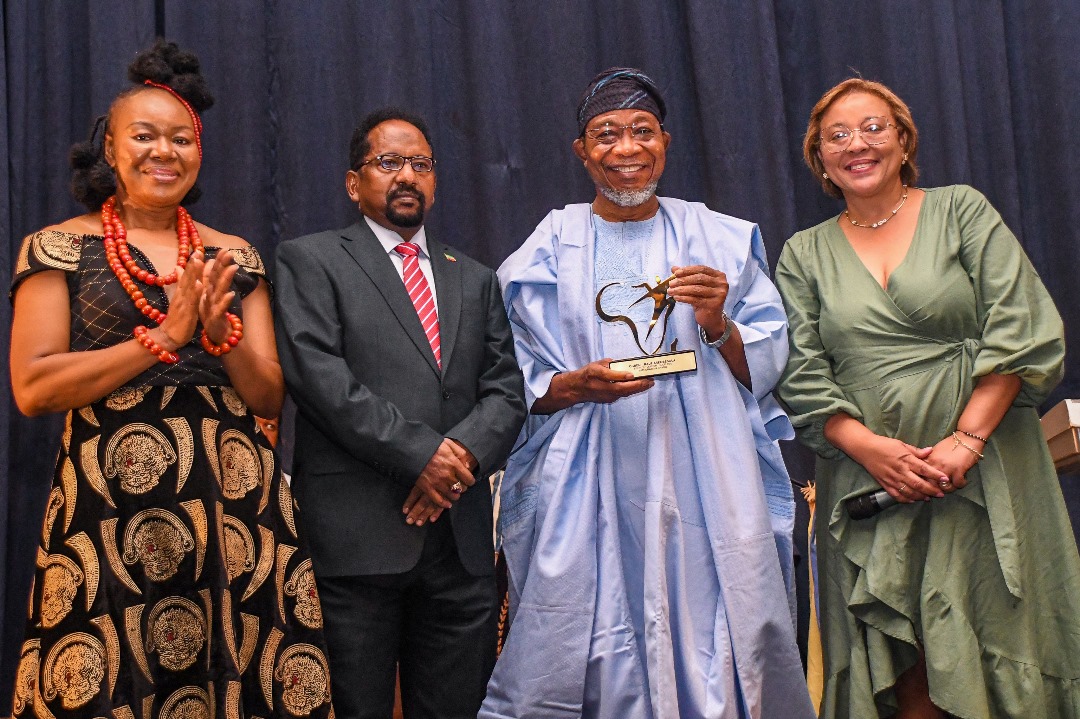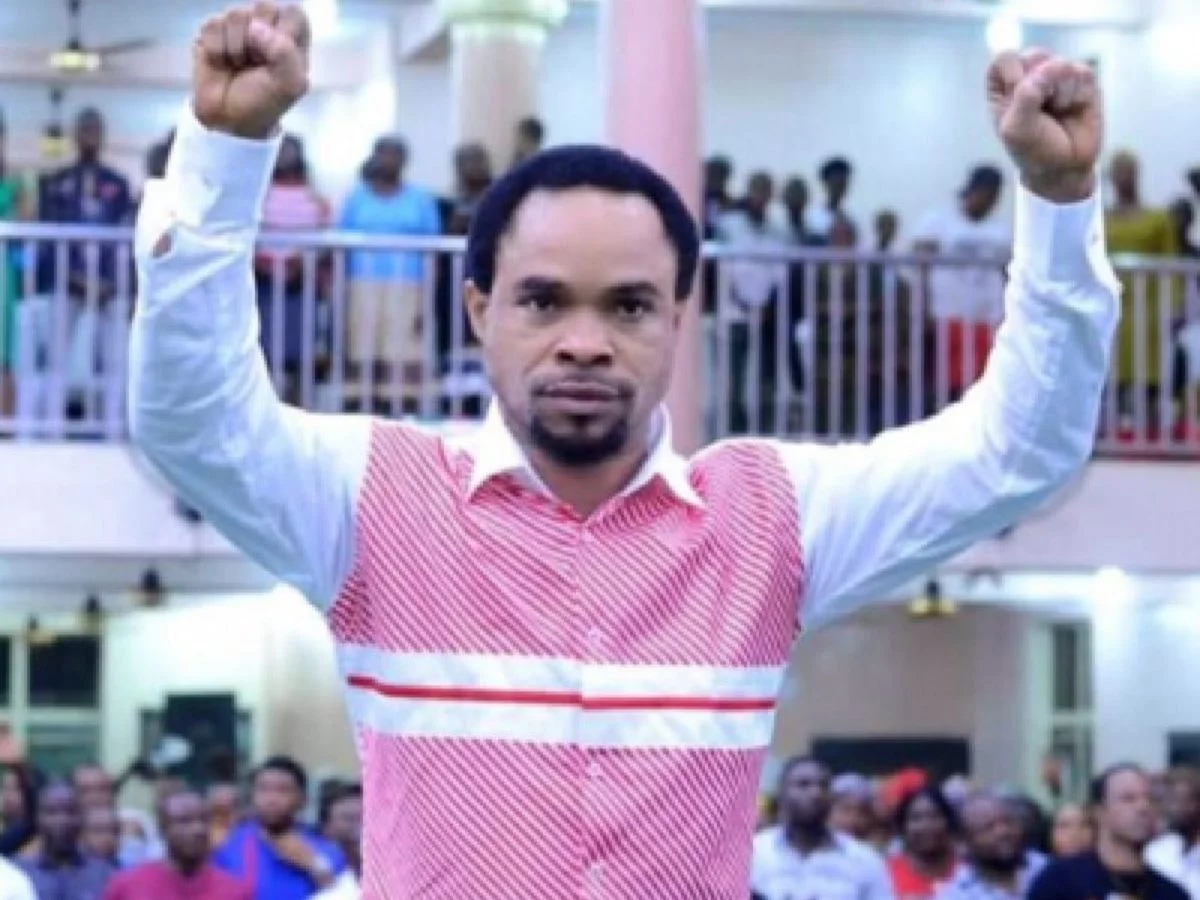Nigeria should remove currency-trading restrictions and reduce its budget deficit and debt levels to help the economy recover this year, the International Monetary Fund said.
“Under unchanged policies, the outlook remains challenging,” the Washington-based lender said in an emailed statement after an article IV consultation with Nigerian officials. “Stronger macroeconomic policies are urgently needed to rebuild confidence and foster an economic recovery.”
The West African nation will probably seek $3.5 billion abroad for its 2017 budget to plug a deficit in President Muhammadu Buhari’s spending proposals of 7.3 trillion naira ($23 billion). The government returned to international capital markets on Wednesday for an additional $500 million after raising $1 billion of Eurobonds in February. Its debt-service costs doubled to 66 percent of revenue last year from 2015, the IMF said.
“Nigeria’s debt-servicing cost is quite high, and peculiar because it’s high due to low revenue,” Yvonne Mhango, an economist at Renaissance Capital, said by phone from Johannesburg. “The government should increase revenue by raising value-added tax, expanding the tax base and improving compliance.”
Nigeria this month announced a four-year program to create 15 million jobs and boost an economy that shrunk by 1.5 percent last year, the first contraction since 1991. The blueprint also aims to boost economic growth to 7 percent by 2020 by lifting oil output, opening farmland and increasing investment in power, roads, rail and ports. Gross domestic product will probably expand 0.8 percent this year and 1.9 percent in 2018, the IMF said.
The plan aims to reduce the inflation rate to single digits from 17.8 percent in February. The central bank has kept its key rate at a record high of 14 percent since July even as price growth is at almost double the government’s 9 percent target.
Easing exchange-rate restrictions “should be supported by tighter monetary policy and fiscal consolidation to anchor inflation expectations and to limit the risk of exchange-rate overshooting,” the IMF said.
The naira lost about one third its value against the dollar when the central bank removed a currency peg in June. To keep it from further falling, the regulator continues to regularly sell dollars and Governor Godwin Emefiele has said they will enforce a managed float for the foreign-currency market.
Currency Restrictions
Authorities should “remove the remaining restrictions and multiple-currency practices, thus unifying the foreign-exchange market and helping regain investor confidence,” the IMF said.
The currency-trading restrictions and multiple foreign-exchange rates have impeded capital inflows and curbed lending, according to Renaissance Capital’s Mhango.
“Nigeria has to let the market be more involved in valuing the naira, and as the IMF says, needs tight monetary policy to attract capital flows, improve liquidity and stabilize the currency,” she said.
S&P Global Ratings spared the west African nation a downgrade earlier this month, affirming its B rating with a stable outlook, and said increasing crude output and government spending will support growth.
Bloomberg










